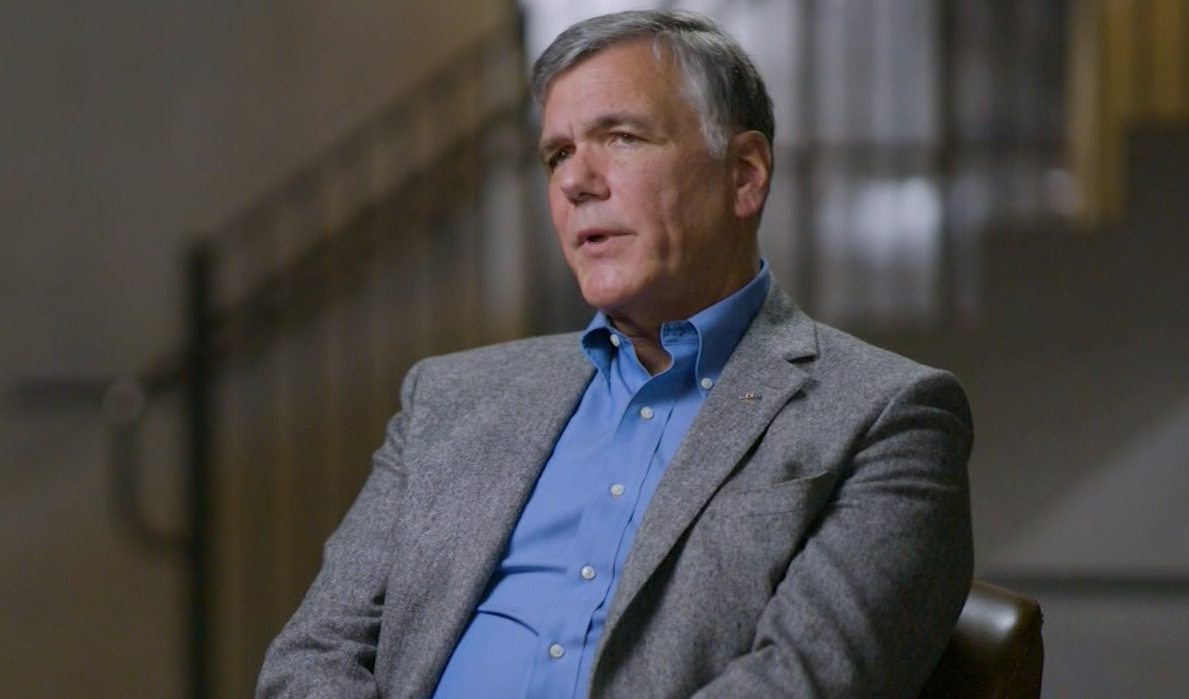CIA doctor investigating Havana syndrome was a victim of it himself: ‘I couldn’t believe it’
Injuries were first reported in 2016
Your support helps us to tell the story
From reproductive rights to climate change to Big Tech, The Independent is on the ground when the story is developing. Whether it's investigating the financials of Elon Musk's pro-Trump PAC or producing our latest documentary, 'The A Word', which shines a light on the American women fighting for reproductive rights, we know how important it is to parse out the facts from the messaging.
At such a critical moment in US history, we need reporters on the ground. Your donation allows us to keep sending journalists to speak to both sides of the story.
The Independent is trusted by Americans across the entire political spectrum. And unlike many other quality news outlets, we choose not to lock Americans out of our reporting and analysis with paywalls. We believe quality journalism should be available to everyone, paid for by those who can afford it.
Your support makes all the difference.A physician who was sent to investigate a spate of mysterious neurological illnesses amongst Americans stationed in Cuba has said he himself was surprised to experience “Havana Syndrome”.
Speaking to CNN on Sunday using a pseudonym, Dr Paul Andrews said he thought he was “dreaming” when he began experiencing a ringing in his ear, nausea and disorientation after arriving in Havana in 2017 to investigate the illness for the CIA.
“I sat on the edge of the bed for a minute, and things were getting worse and worse and worse,” Dr Andrews recalled of his first night in Cuba. “I’m really in disbelief. And I start to think, is this a dream? I had no idea.”
Suspecting some kind of sonic attack – a cause that since been largely ruled out – Dr Andrews said he went into his hotel bathroom for 45 minutes with headphones on, but continued to encounter symptoms associated with “Havana Syndrome”.
He then checked the hotel bathroom “at least four or five times” to make sure he had his toothbrush while packing to leave, still experiencing a ringing in his ear, nausea and disorientation and a loss of balance, which he said was “way off”.
After returning home to Florida, the CIA physician said he sought help with a doctor who he had been working with to help earlier victims of “Havana Syndrome”, which was first reported in 2016 among US employees stationed in Cuba.
In June of this year, the State Department agreed to pay current and former staff and their families roughly $100,000 and $200,000 each, some of whom have continued to experience symptoms.

Dr Andrews told CNN he had also experienced long-term symptoms since visiting Cuba to investigate in 2017, including balance and vision problems that prevent him from doing everyday activities.
“It gets to the point where you just don’t want to go out of the house because you say what’s the point?” he said. “I want to go do this, but I know it’s going to make me sick. I don’t want to be nauseated. I don’t want to be tripping and falling.”
Similar occurrences were reported across US embassies and buildings worldwide in the six years since the initial Havana reports, with an estimated 200 or more people affected by symptoms associated with “Havana Syndrome”.
While an interim report published earlier this year found it was unlikely that Russia or other foreign adversaries were behind the illnesses, scientists and government officials have been unable to determine what has caused the – in some cases – long-lasting brain injuries.
Some have meanwhile speculated that a microwave or sonic attack was at fault, but this remains unconfirmed, whilst many have criticised the response by the US government to concerns raised about the issue.
“The narrative just was going the wrong way. And no matter what I did or said to people, that just continued,” Dr Andrews said of raising the alarm five years ago. “In fact, to this day, a lot of things that were done seemed not appropriate to my standards.”
He added: “Another person at one point told me as an aside that he or she thought that they may have been hit and that they’re hearing and or pain in their ear was present, and I said, are you gonna report this? And they said, absolutely not.”
US Secretary of State Anthony Blinken has promised to continue investigating the illness, saying in Berlin earlier this year that “there is no doubt in my mind that they have had real experiences, real symptoms and real suffering,” the Associated Press reported.
“We are going to continue to do everything we can, with all the resources we can bring to bear, to understand, again, what happened, why, and who might be responsible,” Mr Blinken said in January. “And we are leaving no stone unturned.”
Dr Andrew’s interview came ahead of a CNN special programme on Havana Syndrome.
The Independent has approached the State Department for comment.




Join our commenting forum
Join thought-provoking conversations, follow other Independent readers and see their replies
Comments